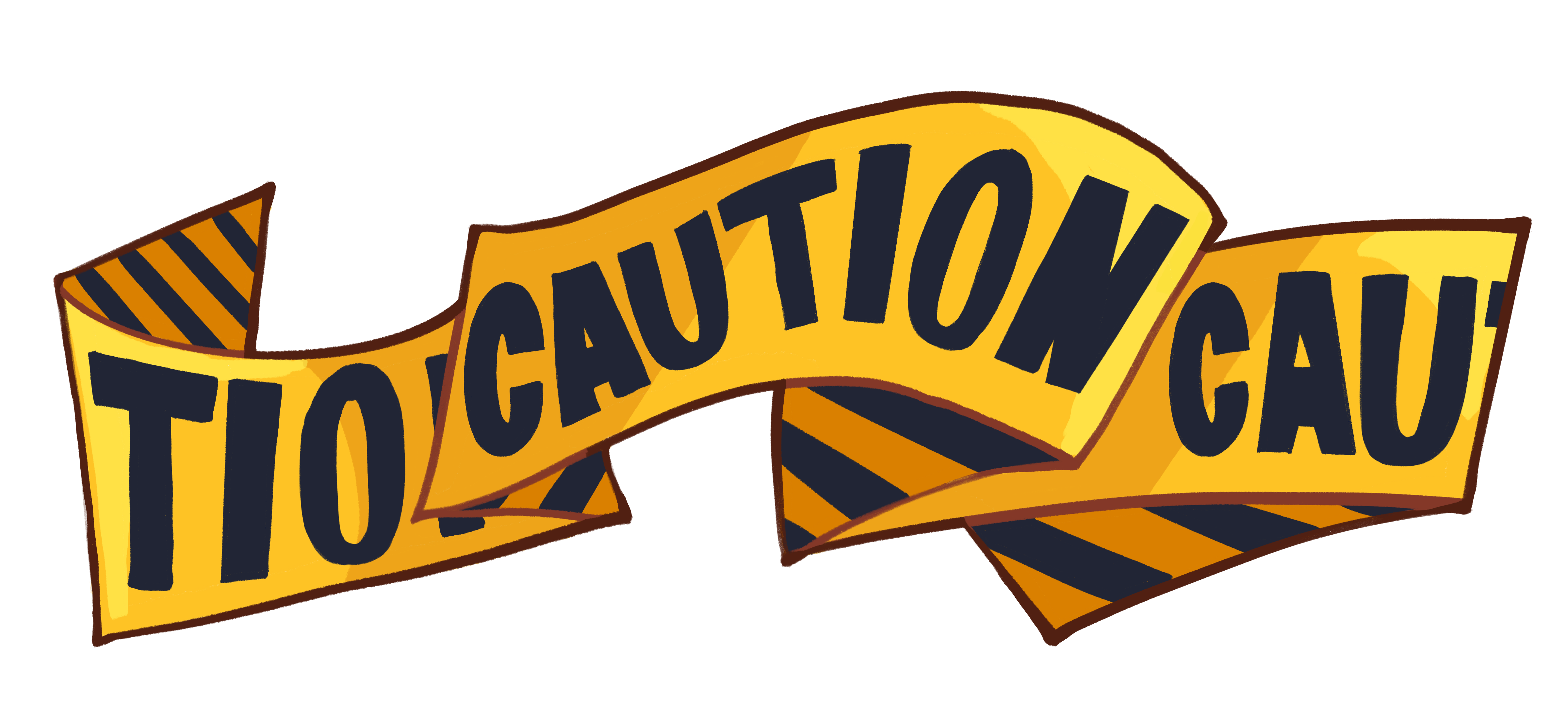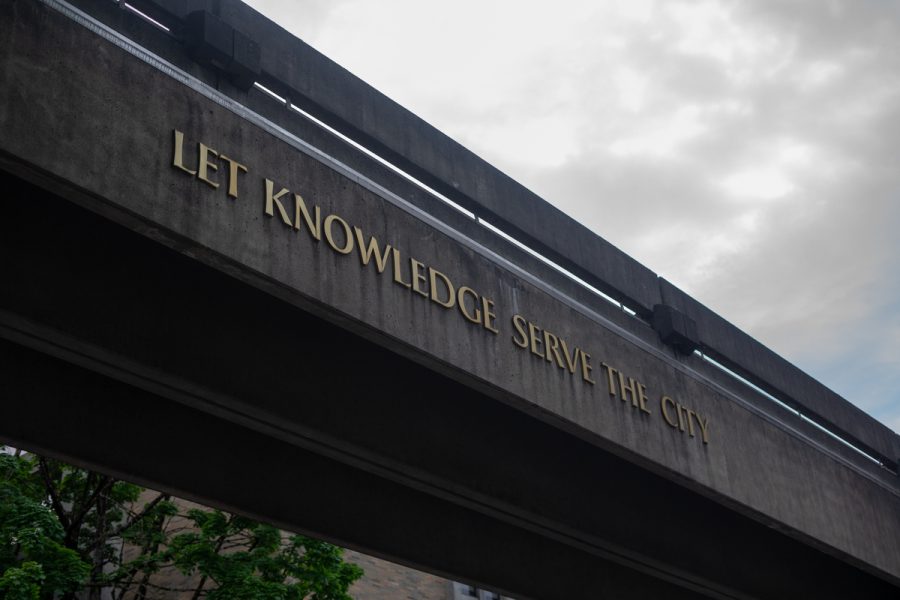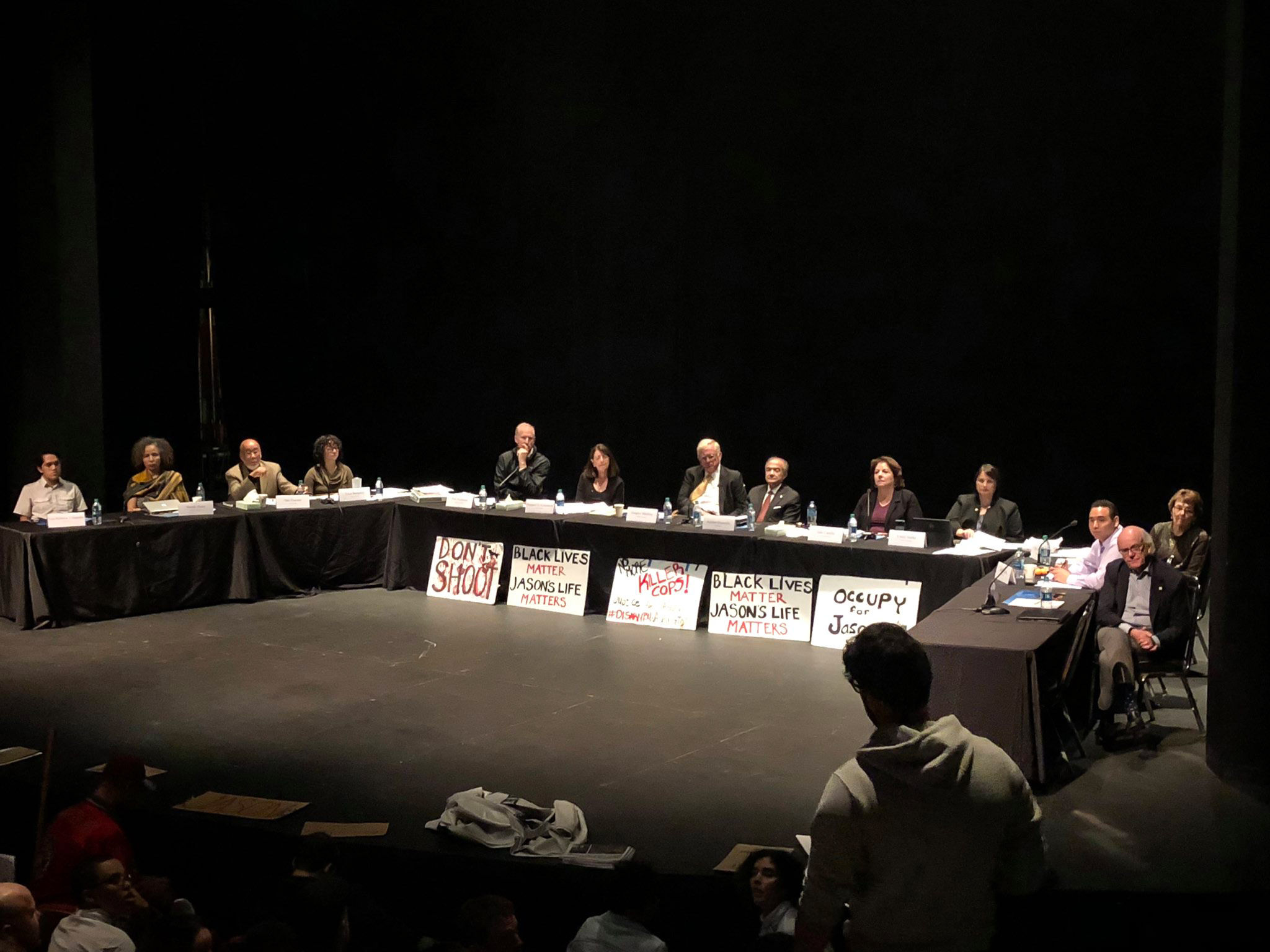The perspectives and opinions printed in this Letter to the Editor are the views of the author(s) and do not necessarily represent the positions of Portland State Vanguard or its editorial staff.
During my time as a student writer for the Vanguard, I accepted an assignment to write the “Crime Blotter” column for a few months. As I understood it, this column’s purpose was to share instances of crime or potential safety issues with the PSU community.
At the time, I imagined it could be helpful for students or other community members to be informed about things like theft or violence that happened on campus. Perhaps it was in some way, but I am guessing that in this regard at most it encouraged people to get a good bike lock.
As far as practical use or importance, I don’t think the Crime Blotter was a key aspect of anyone’s safety on campus. At some of its worst—and this is what I’m primarily concerned with now—it negatively and unfairly impacted individuals who were included in these articles.
My issues with the Crime Blotter column are related to both my own personal actions and the column overall. Recently, I randomly re-read one of the Crime Blotter columns I wrote in 2014, and saw that someone had left a comment on the page. The comment, made by someone I mentioned by name in the column, requested that their name be removed. This suggests that my naming them had caused them harm, which is clearly not something I had considered when I was doing my job as a writer and included names in the column, but that I absolutely should have.
I put more thought into the arrangement of words than to their effects and failed in my responsibility to those about whom I write. The comment spurred me to write to the current Vanguard editors to request they remove the columns I wrote, because I had named individuals.
To write this column, I (or anyone else writing these) had access to the PSU Campus Security log, from which I would decide what to pull into print. In this access and decision-making I had quite a bit of power and responsibility, and I regret I didn’t use these with the awareness or thoughtfulness about the long-term impacts of printing the names of non-students who had been stopped by campus security in connection with some alleged action or just for mere suspicion.
I can’t speak to the characteristics of other Crime Blotter articles through the years, but looking back at the columns I wrote, I also realized that much of what I included was unnecessary, even for the purpose of sharing issues related to safety with the campus community.
Many things I included really wouldn’t have a bearing on any community member’s safety or wellbeing and I didn’t think critically about that. And, most regrettably, I completely overlooked the way that sharing information through this platform could impact those involved, particularly non-students in the Portland community who were approached by campus security. (Students were never named—their privacy was protected.)
And, considering the way any edition of a column can set a precedent of further iterations of that column, it’s also possible that my own choices in producing this column set or perpetuated harmful precedents like those I’ve mentioned.
Now I feel myself in a similar situation as the commenter—worried about what others will think when they search for me online and this comes up. Will they think less of me for my mistake? Will I lose opportunities? There’s some poetic justice that I now feel something of what I have made others feel.
A significant difference, though, remaining between myself and those I named in the column, is that I have the power of self representation, that I can choose and am choosing what picture to present. This is something those in the Crime Blotter articles, whether named or not, were not able to do.
And now in a broader sense, even setting aside the use of names and the problem of privacy, and the choices of what issues were presented, as I face and take account for my own mistakes, I also question the fairness and usefulness of the Crime Blotter itself.
Ultimately, does this kind of column favor a power dynamic wherein the policing function of a community sets the narrative? It literally takes a page out of that book. Does an emphasis on “crime”—whether actual or its perceived potential—only serve to justify further policing, as well as a culture of fear and a perspective of “us” vs “them”?
Might it further an oppressive narrative that only sees safety as something to be achieved through more policing instead of through manifestations of an ethic of solidarity and care, which are the foundation of a lasting safety that is accessible to everyone? Ultimately, the column is tied to these systemic issues and larger conversations in the PSU community and beyond.
I also know, as someone who has been in encounters with police, and someone who lives in this society, that what gets told or put down in the records of these encounters is not always what really happened, and maybe never the whole of it.
Statements of law enforcement authorities have a documented pattern of being misleading, perhaps most strikingly where it involves police violence. And, when what gets put down isn’t what really happened, the story tends to favor the existing power dynamics of the society–in our case, one of capitalist, heterosexist, patriarchal, white supremacy.
Events can be framed in a way that serves the purpose of explaining or justifying the actions of those in power, or expressed in a way that reinforces the world view of those who set or enforce the rules. I regret both that I furthered this kind of narrative and that I did so in such a way that it directly harmed people.
What I say here isn’t an accusation toward PSU campus security of presenting things falsely, but it is a recognition that they do have the power to create a narrative with the force of law and authority behind it, and that it remains our choice, just as it was mine, how to read and what to do with that narrative.
I acknowledge and regret my mistakes related to this column and their effects and I wish I could go back and do things differently. I move forward with a purpose to continue reflecting, understanding, and repairing.
And I wholeheartedly and humbly apologize to those fellow community members who were negatively impacted. My gratitude overflows to the person who commented on the column–it was in their action to speak up that opened up the possibility to address this.
And, I’m grateful for the care and responsiveness of the current Vanguard team to move in a different direction by removing and discontinuing these columns. I can imagine the community as a whole will benefit.






